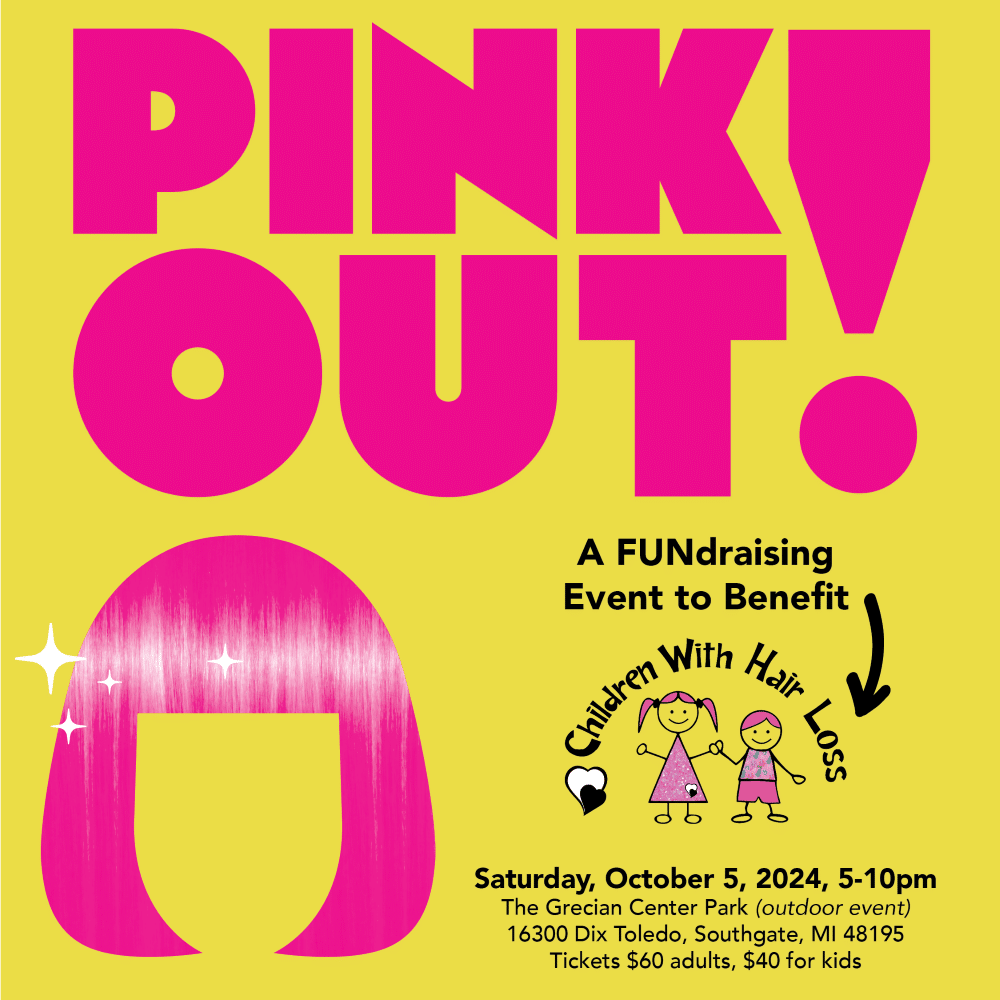My Hair UK
My Hair UK: Expert Hair Transplants and Ethical Considerations for Children
What Makes My Hair UK a Leading Hair Transplant Clinic?
My Hair UK is a specialist clinic offering advanced hair transplant procedures, exclusively using the Follicular Unit Extraction (FUE) technique. This method is recognised for its minimally invasive approach, natural-looking results, and the absence of a linear scar, making it preferable to the outdated Follicular Unit Transplantation (FUT) method.
The clinic is known for its dedicated team of surgeons, advanced surgical techniques, and commitment to patient care. Each treatment is tailored to the individual, ensuring that graft placement, density, and angulation mimic the patient’s natural hair pattern. With cutting-edge tools and strict adherence to medical protocols, My Hair UK provides hair restoration solutions that are both safe and effective for adult patients.
Despite the clinic’s expertise in addressing hair loss concerns, there are strict ethical and medical reasons why hair transplant surgery cannot be offered to children, even if they are experiencing severe hair loss.
Why Hair Transplants Are Not Suitable for Children
Hair transplantation is a cosmetic surgical procedure, meaning it is elective rather than medically necessary. Performing any form of elective surgery on a child requires careful consideration of medical, ethical, and developmental factors.
There are several reasons why a child, even if affected by hair loss, would not be eligible for a hair transplant at My Hair UK.
1. Ongoing Hair Development and Growth Patterns
A child’s hair is still in the active growth phase and is subject to natural changes throughout puberty. The hairline, density, and growth direction continue to evolve into adulthood. Transplanting hair into a scalp that will undergo further changes could lead to unnatural-looking results as the child grows.
Additionally, hair loss in children is often temporary or progressive. Many causes of hair loss in minors, such as alopecia areata, tinea capitis (fungal infections), or telogen effluvium, may resolve with medical treatment rather than surgery.
2. Psychological and Emotional Readiness
Undergoing a cosmetic surgical procedure requires a high level of emotional maturity and an understanding of the risks, limitations, and recovery process. A child may not have the ability to fully consent to such a procedure.
Psychological studies highlight that children and adolescents can struggle with body image and self-esteem, making them more vulnerable to making impulsive decisions regarding their appearance. A hair transplant is permanent and should only be performed on individuals who have reached an age where they can make an informed choice about their treatment.
3. Medical and Ethical Considerations
Surgical procedures carry risks, including infection, scarring, and shock loss. Performing surgery on a minor without medical necessity would be unethical and could expose the child to unnecessary complications.
The General Medical Council (GMC) and British Association of Hair Restoration Surgery (BAHRS) outline strict guidelines on cosmetic surgery for minors, stating that procedures should not be performed for aesthetic reasons unless there is a significant medical justification. Hair transplantation does not fall into this category, as it is an elective cosmetic procedure rather than a medically essential intervention.
What Options Are Available for Children with Hair Loss?
For children experiencing hair loss, the first step is always a medical evaluation to determine the underlying cause. Common conditions that affect paediatric hair health include:
Alopecia Areata – An autoimmune disorder that causes patchy hair loss. Treatment options include topical steroids, immunotherapy, or monitoring for spontaneous regrowth.
Tinea Capitis (Scalp Ringworm) – A fungal infection that can cause hair loss. Antifungal treatments are typically effective in restoring hair.
Telogen Effluvium – A temporary shedding phase triggered by stress, illness, or nutritional deficiencies. It often resolves naturally over time.
Traction Alopecia – Caused by tight hairstyles pulling on the scalp. Adjusting hairstyling practices can often prevent further hair loss.
For children experiencing permanent hair loss due to trauma, burns, or congenital conditions, wigs, hairpieces, or medical tattooing can offer temporary solutions until adulthood, when surgical options may be revisited.
Why Hair Transplants Are Safe and Effective for Adults
While hair transplantation is unsuitable for children, it remains the gold standard for treating permanent hair loss in adults. The ideal candidate for an FUE hair transplant at My Hair UK is someone who:
Is at least 25 years old, as hair loss patterns are typically stabilised by this age.
Has sufficient donor hair at the back and sides of the scalp for transplantation.
Is experiencing male or female pattern baldness (androgenetic alopecia) rather than temporary hair loss.
Has realistic expectations about density, coverage, and results.
Hair transplants offer a permanent and natural-looking solution for adults suffering from hair loss. The implanted follicles are resistant to dihydrotestosterone (DHT), the hormone responsible for male and female pattern baldness. Once transplanted, these hairs continue to grow for life, providing a long-term solution to hair thinning.


